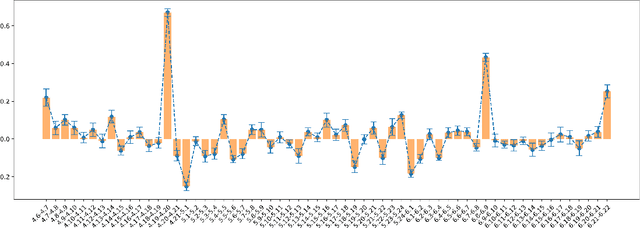Heterogeneous Effects of Software Patches in a Multiplayer Online Battle Arena Game
Paper and Code
Oct 27, 2021



The popularity of online gaming has grown dramatically, driven in part by streaming and the billion-dollar e-sports industry. Online games regularly update their software to fix bugs, add functionality that improve the game's look and feel, and change the game mechanics to keep the games fun and challenging. An open question, however, is the impact of these changes on player performance and game balance, as well as how players adapt to these sudden changes. To address these questions, we use causal inference to measure the impact of software patches to League of Legends, a popular team-based multiplayer online game. We show that game patches have substantially different impacts on players depending on their skill level and whether they take breaks between games. We find that the gap between good and bad players increases after a patch, despite efforts to make gameplay more equal. Moreover, longer between-game breaks tend to improve player performance after patches. Overall, our results highlight the utility of causal inference, and specifically heterogeneous treatment effect estimation, as a tool to quantify the complex mechanisms of game balance and its interplay with players' performance.
 Add to Chrome
Add to Chrome Add to Firefox
Add to Firefox Add to Edge
Add to Edge